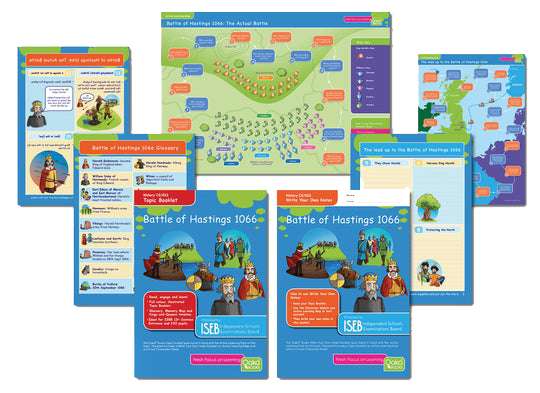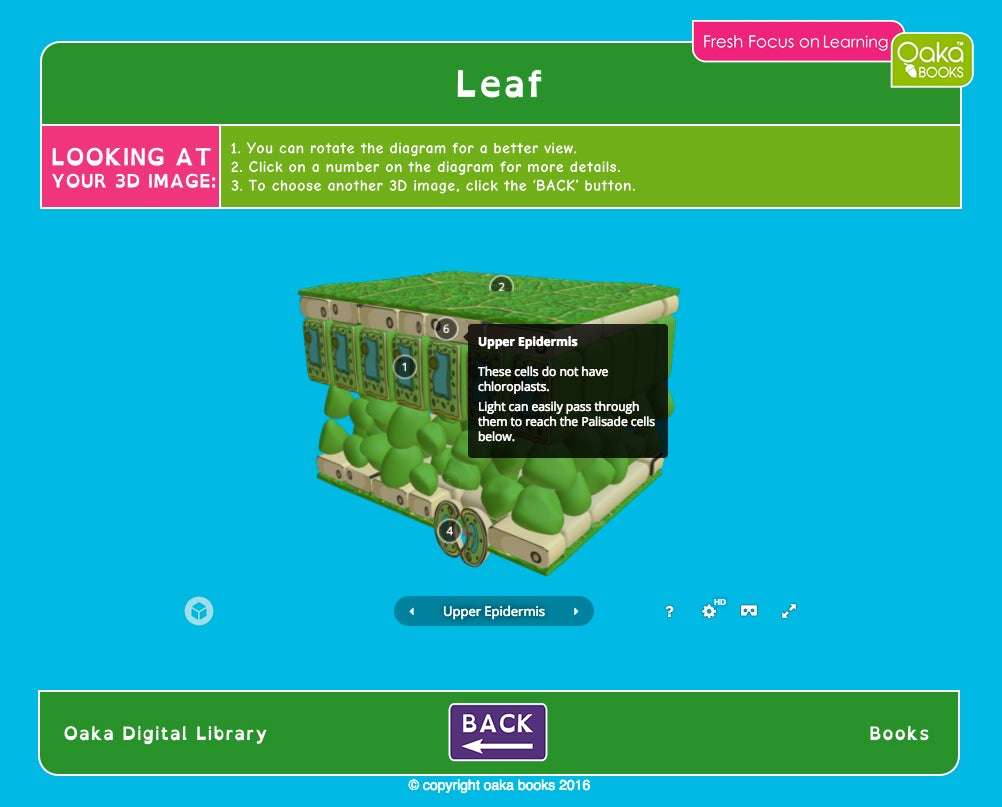Quotes are pivotal to a well-constructed essay in specific subjects like history and English.
You don’t need many quotes to upgrade the quality of your essay either, and they’ll help you justify your arguments, making the writing more convincing.
Quotes might originate from someone who observed events first-hand, i.e. primary sources (common in history), or someone who critiqued, reviewed or discussed something at a later date, i.e. secondary sources.
When you use quotes, discuss who the individual is/was, their bias, if applicable, and any limitations of their analysis. For example, a political proponent of a certain policy will likely be biased for that policy, whereas their critics might be biased against it.
Here’s some vocabulary you can use to introduce quotes:
- According to X
- As X stated
- As X discusses
- As X wrote
- As X argued
- In X’s view
- Shown by X
- It is said by X, that
- With reference to X
- The study by X shows
- Referring to
- X argues that
- Research by X indicates that
Names should reference the surname in most cases. You can also indicate who the individual is, e.g. “Friar David, a monk present when Thomas Becket was murdered, wrote…”
It’s important to note that some evidence should be given as perspectives; in other words, it’s open to subjective interpretation, whereas other evidence is more factual.
So, for example, if you’re quoting figures from a reputable institution such as the UN or World Health Organization, you may not need to critique the quality of the evidence.





